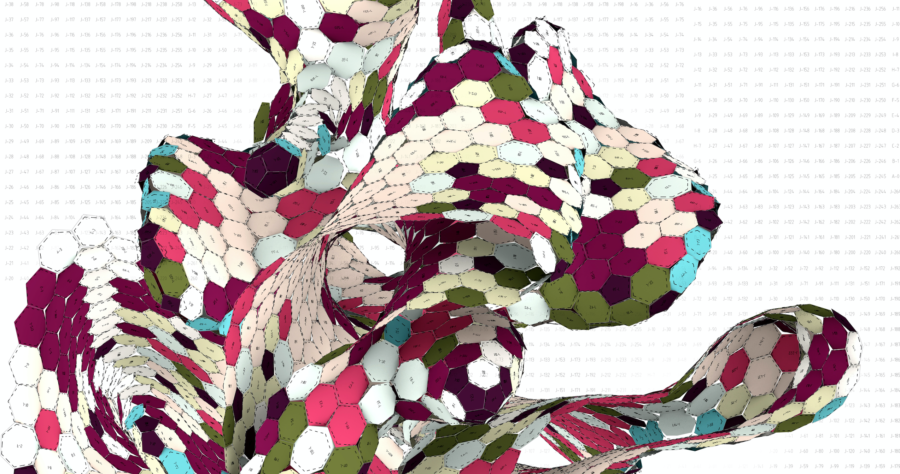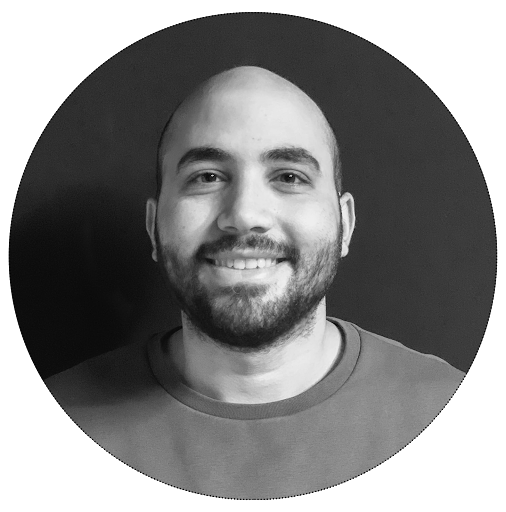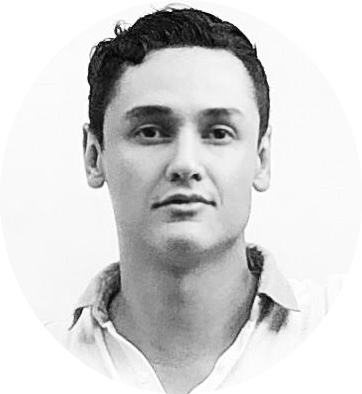IAAC – Institute for Advanced Architecture of Catalonia
Global Summer School Program 2022
Online Course: Computational Design // Decoding Geometry for Machine Learning
Duration: from the 4th until the 8th July 2022
DECODING GEOMETRY FOR MACHINE LEARNING

Ph credits: MaCAD Geometrical Optimization 2021 – D. A. Leon
Syllabus
Undoubtedly, Machine Learning has become a buzz word in every domain and context nowadays but, how much can we actually apply from it? It’s not only until we dive in deep into using it in practice that we can truly understand its potential and limitations.
The aim of this workshop is to provide an introduction to machine learning by exploring practical applications within the architectural domain. Without the need to have any previous scripting knowledge, we will provide background theory and ready-made samples that will showcase how to apply and transfer machine learning concepts for geometrical optimization. The goal of the workshop is that participants are able to fully understand what is behind some algorithms that are commonly used in our trade and their current geometrical application, and in the process demystify the notion of complexity that usually lies behind them.
In order to explore these concepts, participants will also learn to set up a workflow that will touch upon other topics such as parametrizing geometry, scripting, interoperability and cloud computing, which will allow them to harness the power behind all of these tools in order to create a seamless workflow that links data and architecture, and can be applied to many other applications in the design domain.

Ph credits: Courtesy of Hesham Shawqy
Learning Objectives
At course completion the student will:
- Understand geometry is parametrize and decoded into data that can be processed
- Learn how to transport encoded geometry between different platforms
- Develop critical thinking into is possible to achieve with Machine Learning geometrically
- Understand Algorithmic thinking, by breaking down complex routines into smaller pieces
- Understand fundamental concepts of Machine Learning
- Learn different strategies for geometry rationalization using Machine Learning techniques.
Previous Knowledge / Students background requirements
The workshop is open to all applicants with a bachelor degree related to the fields of Architecture, Design, Arts and Engineering willing to engage in the program. A basic understanding of parametric tools (Grasshopper) is required. Although it’s not a prerequisite, any previous scripting experience will be useful for the course. No previous extensive knowledge is required. The participants will receive lectures and classes to be introduced to the workshop’s topics, softwares and tools.
Faculty

David Andres Leon is an architect with focus in the research and development of computational tools for Architecture, Construction and Design. He is Head of Computational Design of the AAG group, Director of the Master in Advanced Computation for Advanced Architecture MACAD and Senior faculty of the faculty of the Masters for Advanced Architecture in IAAC, where he teaches in the Digital Matter studio alongside Areti Markopoulou. David also teaches programming for architects as a guest teacher in the MPDA Masters program of the UPC. He was formerly employed by McNeel to provide support for Developers worldwide.
https://iaac.net/dt-team/david-andres-leon/
Twitter: @dadandroid
https://www.linkedin.com/in/davidandresleon/
Instagram: @dvdndrs
Faculty Assistants

Hesham Shawqy is an architect, computational designer, and researcher focusing on computational design and artificial intelligence in the field of architecture and urban development. He recently joined the IAAC team as a teaching-research assistant. He received his Master’s degree in Advanced Computation for Architecture & Design in 2021. His research interests focus on digitizing handcrafts using Machine learning and robotic fabrication. In the past, he has taught many courses and workshops related to computational design and digital fabrication since 2017. He is a part-time teaching assistant at the American University in Cairo, and Ain Shams University.
https://iaac.net/dt-team/hesham-shawqy/
https://www.linkedin.com/in/hesham-khaled/
Instagram: @hesham.shawqy

Uri Lewis Torres is a registered architect from México, he holds a masters in Parametric Design (UPC-2018), a V-ray rendering certification (CG world-2019), and a master’s in advanced architecture 01 (IAAC-2021). He has worked for many years in a sustainable architecture firm (MYU architects) were in the last years had the chance to implement the computational design for the latest construction projects – currently studying MAA02 in Barcelona, Spain.
Instagram: @urilewis
WEEKLY SCHEDULE & TIMETABLES
Option 1 – Synchronous calendar (Barcelona time – GMT+2)
Recommend to European, African, Asian and Australian participants.
From Monday 4th July until Thursday 7th July 2022
Teaching activities will run from 10.00 to 14.00 GMT+2
– 8 hrs of live teaching
– 8 hrs of live mentoring and exercises review
– 1 hr of IAAC summer lecture
– Final GSS diploma certificate ceremony
Option 2 – Asynchronous calendar (America time – GMT-4)
Solution recommended to participants from all the time zones who are looking for a more flexible schedule.
From Monday 4th July until Friday 8th July 2022
Live teaching activities will run from 11.00 am to 1.00 pm (GMT-4)
– 8 hrs of recorded teaching
– 8 hrs of live mentoring and exercises review
– 1 hr of IAAC summer lecture
– Final live GSS diploma certificate ceremony
Main tools
Software
Rhinoceros 7.0. The 90-day trial version can be downloaded from the website www.rhino3d.com/eval.html
Other software to be specified by session.
Because Grasshopper 3D works best for the Windows operating system, we recommend students to have an installation of Windows (preferable Windows 10 x64). If you have an Apple computer, it is recommended that you install Windows on Boot Camp which will perform better than Parallels or VMWare. It is recommended that you max out the RAM potential on your computer.
Plugins
All Grasshopper plugins will be provided by the instructors.
Hardware
8 GB memory (RAM) or more
At least 600 MB space in the hard drive
Operational System
Windows 10, 8.1 or 7 SP2 (Grasshopper 3D is only currently available for the Windows operating system. For this reason, every student is required to have an installation of Windows).
Note: If you have an Apple computer, it is recommended that you install Windows on Boot Camp which will perform better than Parallels or VMWare.

